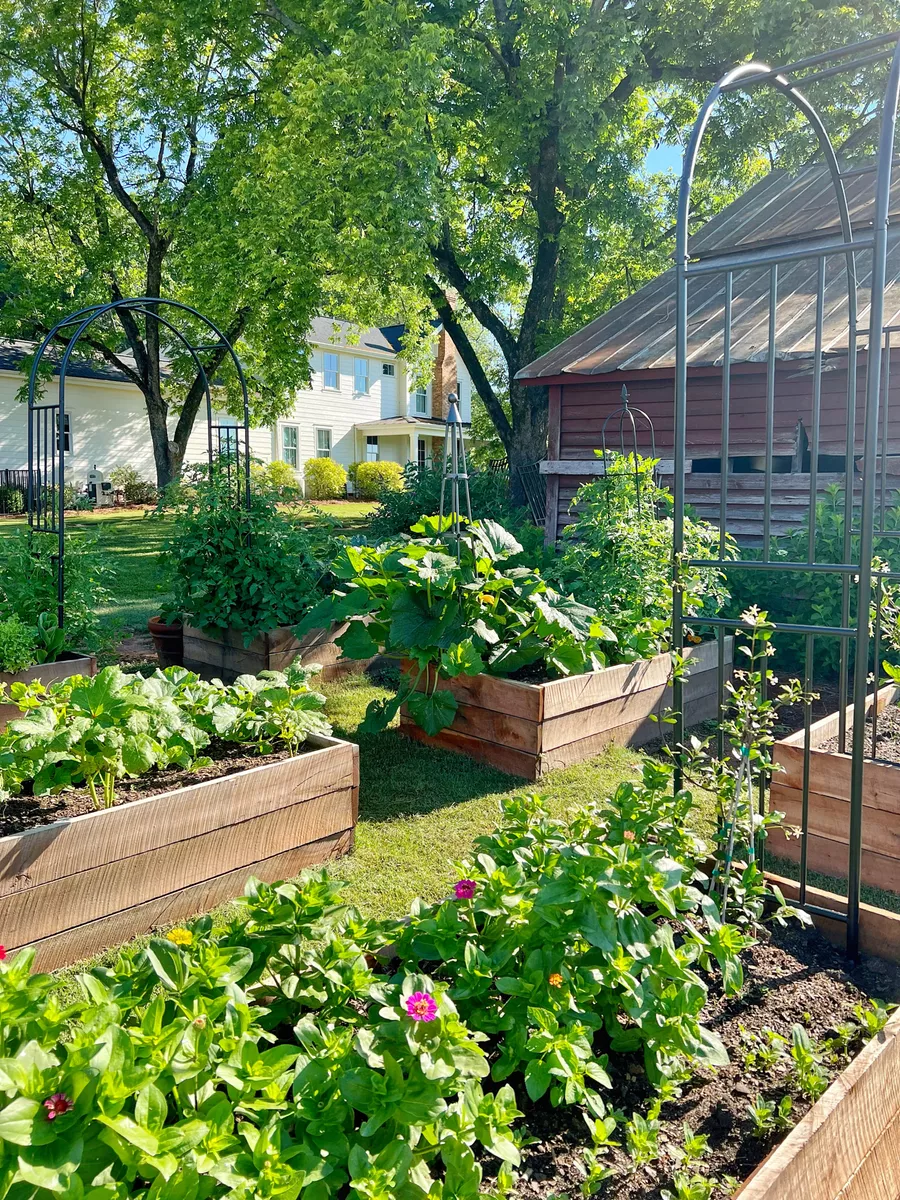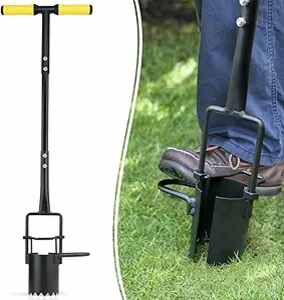Sustainable Gardening Practices for an Eco-Friendly Yard
Sustainable Gardening Practices for an Eco-Friendly Yard
Blog Article
Comprehending the Different Sorts Of Gardening and How They Add to a Much Healthier Way Of Living and Environment

Benefits of Veggie Horticulture
Several individuals are significantly acknowledging the myriad benefits of vegetable gardening as an important element of a healthier way of life. Taking part in vegetable gardening provides countless physical health advantages, consisting of raised exercise, which enhances cardio health and promotes overall health and fitness. The act of growing, weeding, and harvesting requires activity and can aid fight less active habits, contributing to weight administration and boosted muscular tissue tone.
Additionally, cultivating one's very own vegetables considerably boosts dietary top quality. Native fruit and vegetables is typically fresher and extra nutrient-dense contrasted to store-bought options, as it can be taken in shortly after harvest. This availability motivates a better intake of fruits and veggies, which are vital for preventing persistent illness.
Additionally, veggie horticulture cultivates mental well-being by providing a healing electrical outlet for stress alleviation and relaxation. The act of tending to plants can be introspective, permitting individuals to get in touch with nature and escape the stress of day-to-day live. The sustainable technique of expanding one's very own food lowers reliance on industrial farming, contributing to ecological conservation and promoting biodiversity. Collectively, these advantages underscore the value of veggie horticulture as a foundation of a much healthier way of living.
Discovering Blossom Horticulture

In enhancement to visual benefits, blossom gardening sustains local communities. Many blooming plants draw in pollinators, such as bees and butterflies, which are vital for preserving biodiversity. The presence of diverse vegetation can also boost soil wellness, as numerous plants add to nutrient cycling and boost soil framework.
In addition, flowers can play a significant function in advertising sustainable techniques. Several gardeners select native or drought-resistant types, which call for less water and minimal chemical inputs. This strategy not just profits the setting but likewise motivates liable horticulture habits.
Eventually, blossom horticulture works as a vital element of a holistic horticulture technique. Gardening. By growing charm and supporting local communities, it integrates with vegetable horticulture and underscores the relevance of nurturing both our physical and psychological well-being with nature
Container Gardening Benefits
Container gardening offers countless advantages that make it an appealing choice for both newbie and experienced garden enthusiasts. Among the key benefits is its convenience; containers can be put on outdoor patios, porches, and go to my blog even inside your home, permitting for gardening in areas with restricted ground gain access to. This adaptability enables individuals in metropolitan settings or those with small backyards to cultivate plants properly.
In addition, container horticulture gives improved control over dirt quality and dampness levels. Gardeners can pick certain soil blends to enhance plant health and alleviate concerns like weeds and parasites. The mobility of containers additionally permits very easy moving to optimize sunlight direct exposure or shield plants from stormy climate.
Furthermore, container gardens can be cosmetically pleasing, offering an opportunity for creative thinking in style. Gardening. They can work as decorative elements that improve outside or indoor spaces while advertising biodiversity by drawing in pollinators
Last but not least, container horticulture can contribute to a much healthier way of life by motivating exercise, as it frequently involves training, planting, and keeping plants. In general, the benefits of container horticulture make it an available and fulfilling technique for those seeking to boost their way of living and environment.
The Increase of Vertical Gardening
As urban spaces become increasingly crowded, the pattern of upright horticulture has actually taken off, permitting people to optimize their horticulture potential in restricted areas. This innovative approach involves growing plants in vertical frameworks, such as wall-mounted planters, trellises, or specialized upright garden systems. The allure of upright horticulture lies not just in its effective use area yet additionally in its visual contribution to city environments, changing bare walls right into lush environment-friendly landscapes.
Vertical yards can be installed in homes, terraces, and area spaces, supplying a platform for growing a selection of plants, including herbs, veggies, and ornamental flowers. This method urges biodiversity and can enhance air quality by filtering contaminants while promoting a connection to nature in densely inhabited locations. Furthermore, vertical gardening uses practical benefits, such as boosted return per square foot, making it an eye-catching alternative for metropolitan gardeners seeking to expand their very own food.

Lasting Practices in Horticulture
Welcoming lasting practices in horticulture is important for advertising environmental wellness and making sure the viability of our natural resources. Sustainable gardening methods concentrate on lowering ecological influence, preserving water, and fostering biodiversity. By executing methods such as natural horticulture, gardeners can reduce the usage of artificial plant foods and pesticides, which can hurt local communities.
Companion growing is another reliable lasting technique, where specific plants are expanded together to boost development and hinder bugs naturally. Additionally, making use of indigenous plants in landscaping sustains regional wildlife and calls for much less upkeep, as they are inherently adjusted to the regional climate and dirt conditions.
Water preservation methods, such as rainwater harvesting and drip watering, aid to efficiently handle water his response resources, therefore decreasing waste. Composting organic waste not just enhances the dirt however also reduces land fill contributions, advertising a round economic climate.
Lastly, exercising plant rotation and cover chopping boosts dirt health and decreases the threat of parasite problems. By integrating these sustainable practices, gardeners can produce resilient ecosystems that add to a healthier lifestyle while protecting the atmosphere for future generations.
Conclusion

In final thought, the diverse approaches of gardening, consisting of vegetable, flower, container, and upright gardening, jointly promote a much healthier way of life and enhance ecological sustainability. Each type offers unique benefits, from supplying fresh produce and bring in pollinators to enhancing minimal spaces and motivating biodiversity. By cultivating lasting practices, these horticulture comes close to not just contribute to specific wellness however additionally sustain wider ecological conservation initiatives, eventually minimizing dependence on commercial agriculture and boosting community resilience.
Report this page